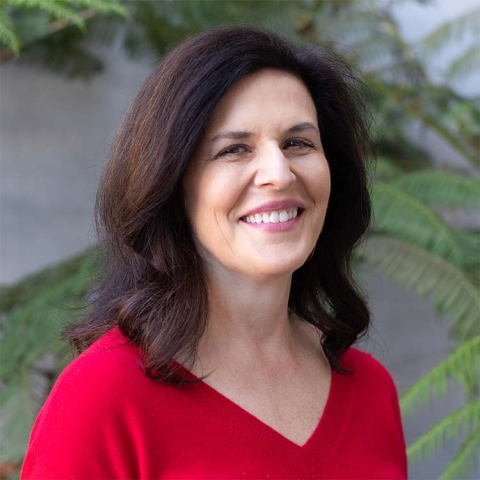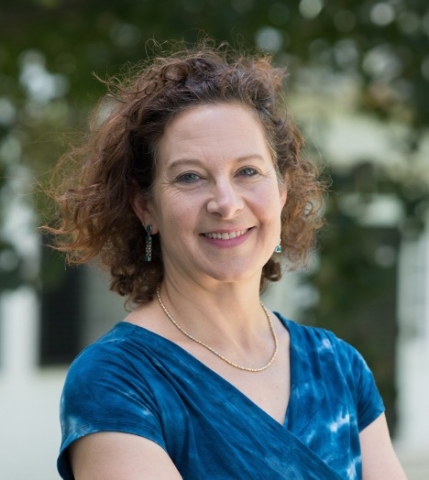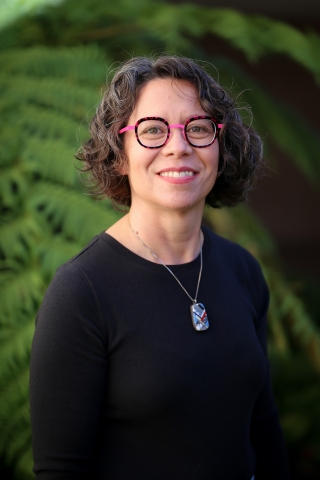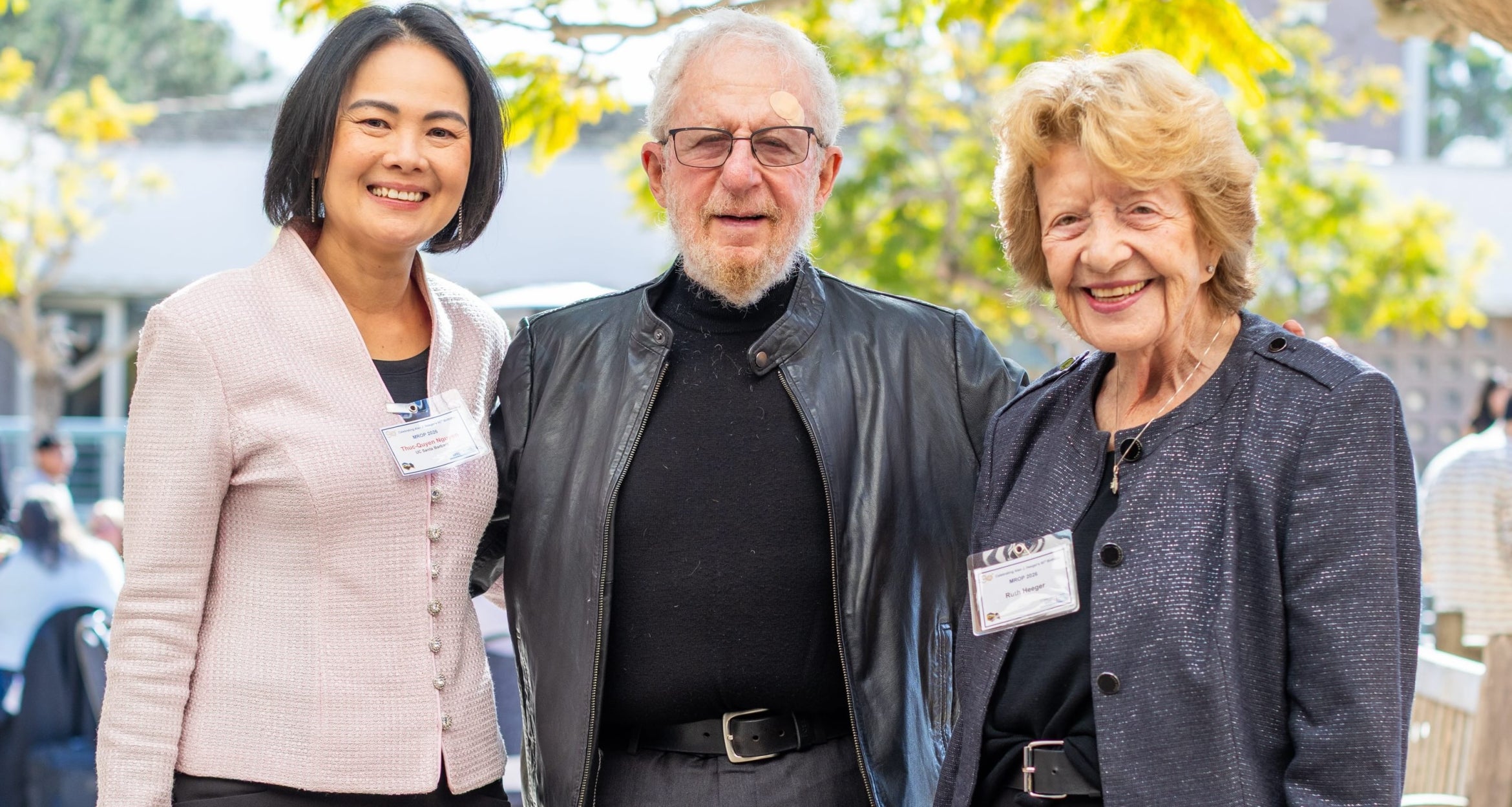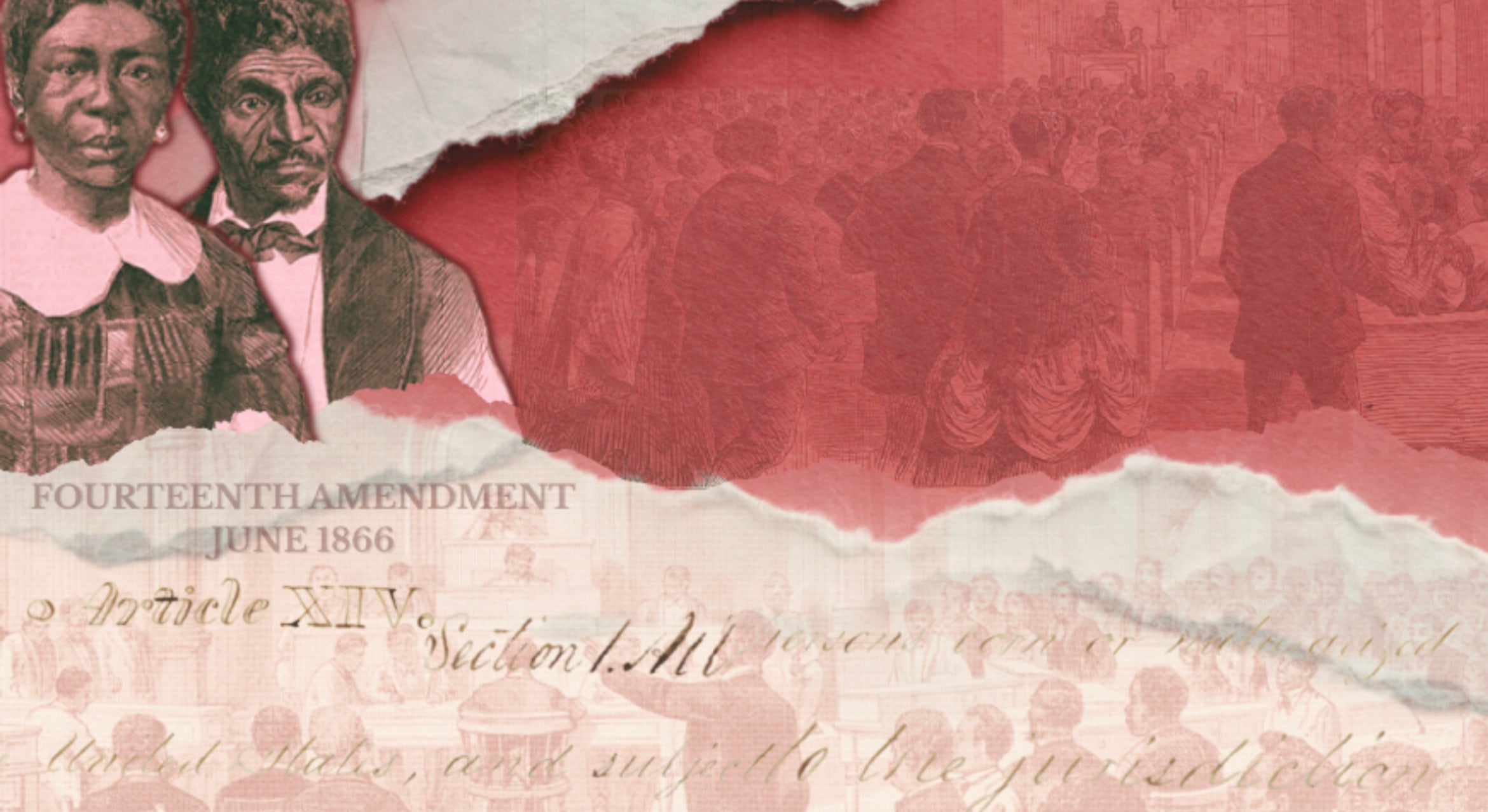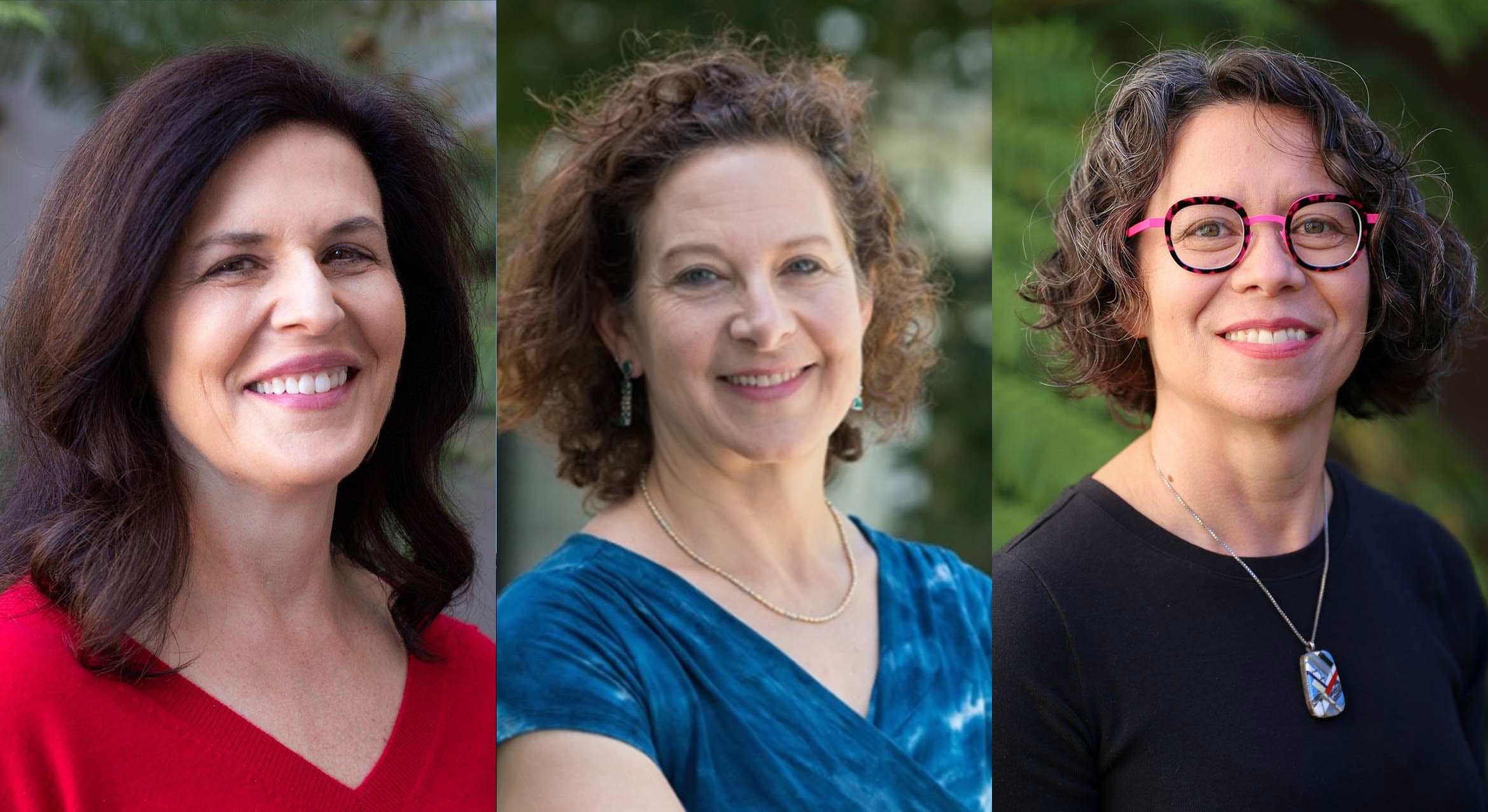
Election as a Fellow of the American Association for the Advancement of Science (AAAS) is a commendation annually bestowed upon fewer than 1% of the association’s members. And for this year, three UC Santa Barbara faculty members — a trio of pioneering women — have been so honored.
Distinguished professors Leda Cosmides, of psychological and brain sciences; Adina Roskies, of philosophy; and Rachel Segalman, of chemical engineering and materials are among 471 scientists, engineers and innovators comprising the newest class of AAAS Fellows. The association is the world’s largest general scientific society and publishes the prestigious Science family of journals.
“On behalf of our UC Santa Barbara community, I am honored and delighted to congratulate Professors Leda Cosmides, Adina Roskies and Rachel Segalman on their election to the American Association for the Advancement of Science,” said Chancellor Henry Yang. “Election as Fellow is a prestigious accomplishment as well as a deeply meaningful recognition from one’s peers. We are very proud of our distinguished colleagues for their pioneering research to advance science in the interest of humanity.”
Cited by AAAS for “distinguished contributions to the field of evolutionary psychology and cognitive science, particularly using evolutionary theory to develop computational theories of adaptive information processing problems,” Cosmides is best known for her work in pioneering the field of evolutionary psychology. She developed her interest in rebuilding psychology along evolutionary lines while an undergraduate at Harvard, where she got her A.B. in biology (1979) and her Ph.D. in cognitive psychology (1985). Since 1991, she has been on the faculty at UCSB, where she and the late John Tooby co-founded the Center for Evolutionary Psychology, which she still directs.
“Happy surprises come from the AAAS!” Cosmides said of her election. “Back in 1988, before I had a real job, the AAAS shocked me and my family by awarding their prize for behavioral science research to the most controversial paper of my career. It meant the world to me that they considered not-yet-published manuscripts; evolutionary psychology, my field, was brand new and unorthodox, which was making my research difficult to publish. I hope I have repaid their early faith in my work — the paper they championed has been cited almost 4,000 times now. Thirty-six years later, the AAAS has delivered another happy surprise. I was delighted and honored to learn that I was elected a fellow.”
Cited by AAAS for “distinguished contributions in philosophy of science that elucidate ethical and methodological issues in cognitive science, neuroscience and the law,” Roskies, who joined the UCSB faculty in 2024, from Dartmouth College, works primarily at the intersection of philosophy and neuroscience.
“I work on philosophy of neuroscience and cognitive science, on philosophical issues that may be addressed neuroscientifically, such as the possibility of free will and the nature of agency, on neuroethics, and on the way that neuroscience can and cannot inform the Law,” she explained. “I have just begun writing a book on the philosophy and neuroscience of free will, and have recently become interested in the ways that artificial neural networks can be informative to neuroscience, and how AI and natural intelligence both share common principals and how they diverge.”
“It is an honor to be recognized for my work in philosophy and science by the American Association for the Advancement of Science,” Roskies said of her election.“It is always nice to be recognized for one’s work, but being elected an AAAS fellow is especially meaningful to me. Most of my scientific mentors are or were AAAS fellows, and they are all scientists of outstanding integrity and intellect. I have strived to develop both during my career. Being elected an AAAS fellow is a special honor because it is an election by peers, and it validates my aspirations to be like my mentors, and puts me in their esteemed company.”
Segalman, the Edward Noble Kramer Professor of Materials, was cited by AAAS for “distinguished contributions advancing the discipline of chemistry by identifying fundamental polymer-ion interactions and the development of design rules for materials for energy and environmental applications.”
In her research, Segalman works to control the self-assembly, structure and properties in functional polymers. Structural control over soft matter through microscopic length scales is a key tool for optimizing properties in applications ranging from solar and thermal energy to biomaterials. Her work has provided key insights into the molecular basis for the thermoelectric effect in organic molecules, an essential step to subsequent advances in organic thermoelectrics, a field in which she has emerged as a pioneer through her fundamental advances in the science of molecular thermoelectrics and engineering their design. She has also established important connections between the molecular and mesoscale structure of polymers and their ability to transport electronic and ionic charge, most recently demonstrating superionic conduction in polymers.
The commendation from AAAS is particularly gratifying, Segalman said, because “it recognizes our very recent work on the design of polymer membranes for both electrochemical applications in solid-state batteries and for water purification.”
All the newly elected AAAS Fellows will be honored in Washington, D.C., in June.
“This year’s class of Fellows are the embodiment of scientific excellence and service to our communities,” said Sudip S. Parikh, Ph.D., AAAS chief executive officer and executive publisher of the Science family of journals. “At a time when the future of the scientific enterprise in the U.S. and around the world is uncertain, their work demonstrates the value of sustained investment in science and engineering.”
